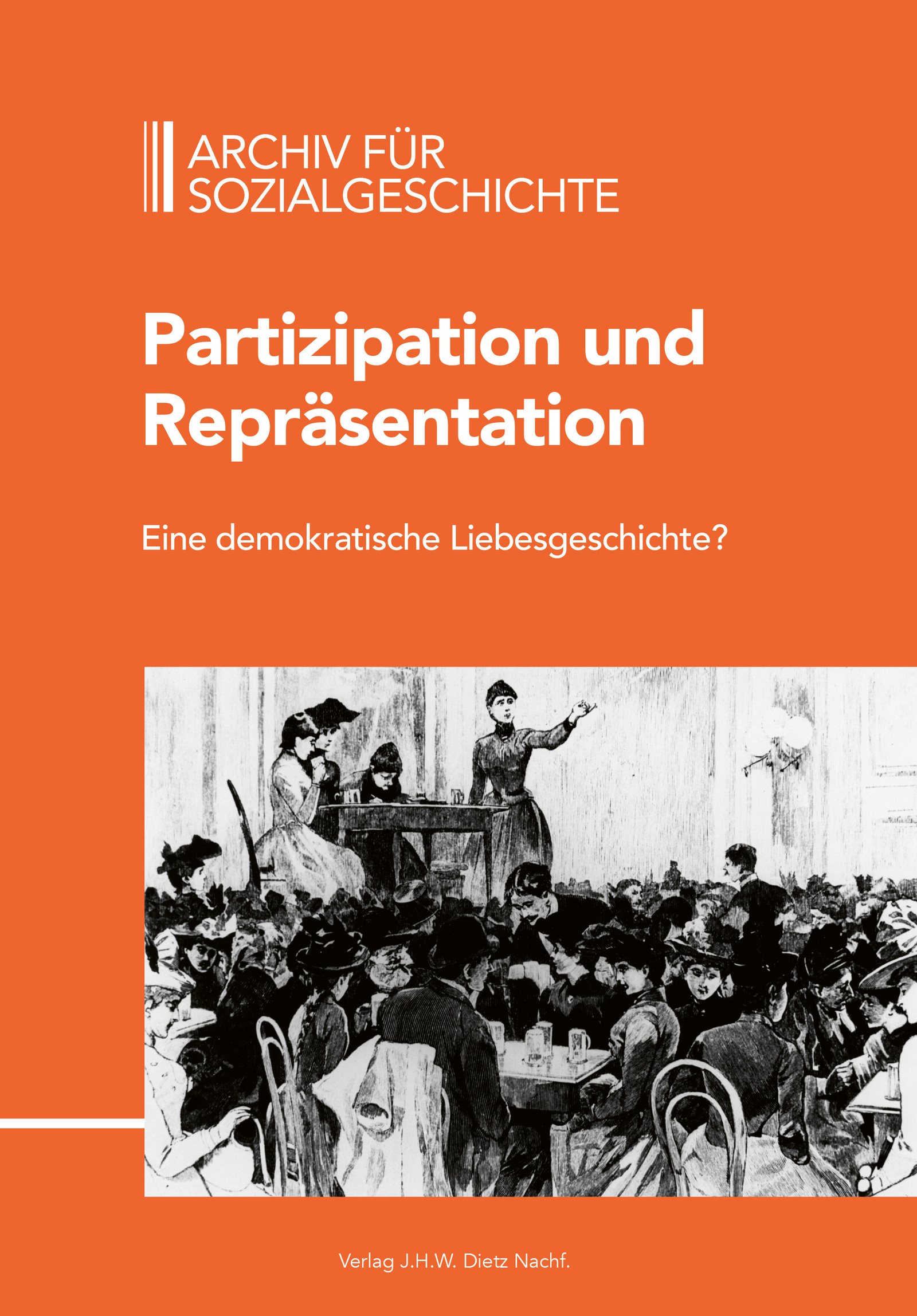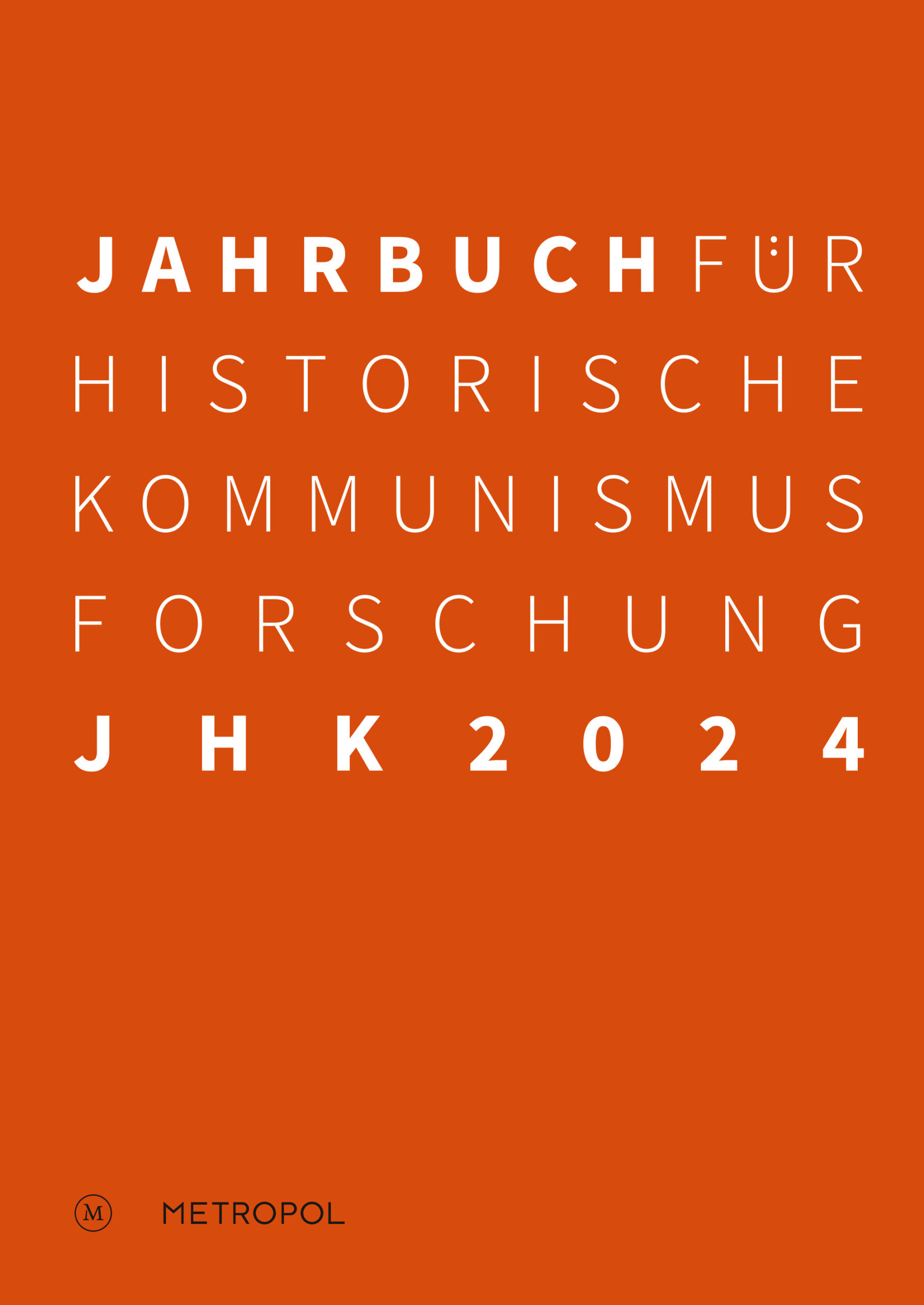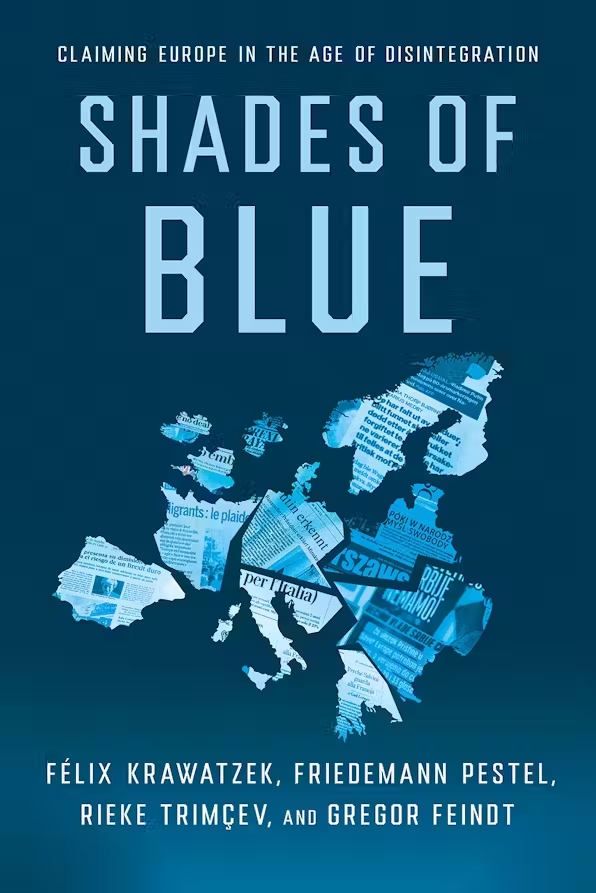Sebastian Petznick

PhD Student
Albert-Ludwigs-Universität Freiburg
Department of History
Professur für Neuere und Neueste Geschichte Westeuropas
79085 Freiburg im Breisgau
Email: sebastian.petznick@gmx.de
PhD Project
Contre la vie chère: Cost of Living, Political Culture and Democracy in Interwar France, c. 1919-1937
This project is a study of consumer conflicts in interwar France. It focuses on conflicts over the cost of living, also known contemporaneously as "vie chère". These conflicts were characterized by a remarkable disparity between the potential and actual consumption possibilities available to individuals. In doing so, the project illuminates an experience of scarcity that strongly influenced the everyday lives of many people.
The primary objective of the project is to examine consumption as a subject of political communication. It aims to develop a cultural history of consumer politics that juxtaposes the perspectives of political and economic elites with those of ordinary citizens at the local level. This comprehensive approach reveals the ways in which shifts in the dynamics between different conceptions of economic and political order emerged from the struggle to regulate consumption. The project seeks to move beyond the assumption that political systems automatically lose legitimacy during times of economic crisis by closely examining the different perceptions of the various crises and the resulting solutions proposed by the actors involved.
Consumption, by virtue of its ubiquity, is particularly suited to such an examination. It provides a lens through which to understand the functions and effects of economic systems and allows for their politicization "from below" by ordinary individuals. This perspective requires a localized approach, with a particular focus on the conflicts over the "vie chère," which are regarded as intricately tied to the local spaces in which consumption takes place. Consequently, two localized case studies, namely Bordeaux and Lille, constitute the core of this study. The local conflicts observed in these places are then linked to broader national debates. By shifting the focus from the central state to the middle and lower levels of the political system, the project aims to explore the role of non-state actors and their contributions to the emergence and implementation of policies. In doing so, it seeks to construct a cultural history of consumption that provides a broader and more nuanced understanding of the dynamics of political experimentation in 1930s France, thereby contributing to a comprehensive European history of the crisis of capitalism and democracy in the interwar period.








